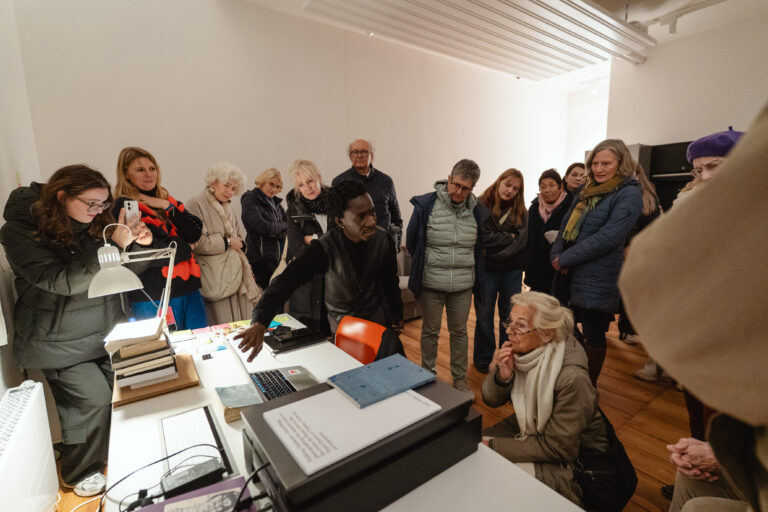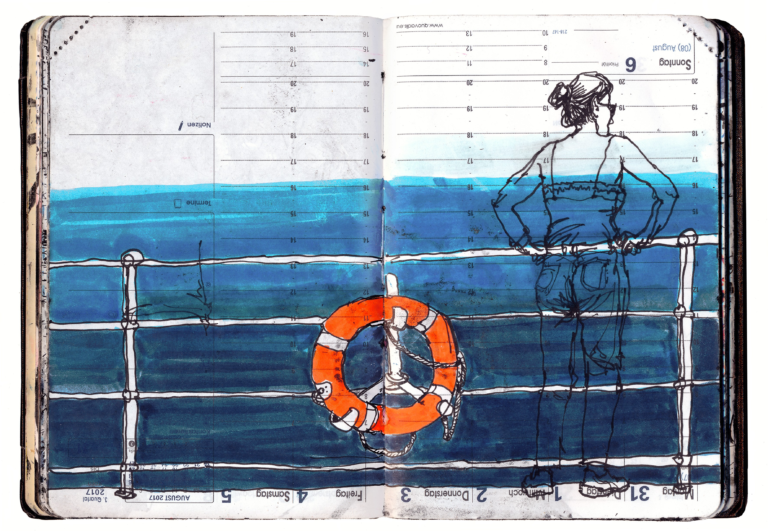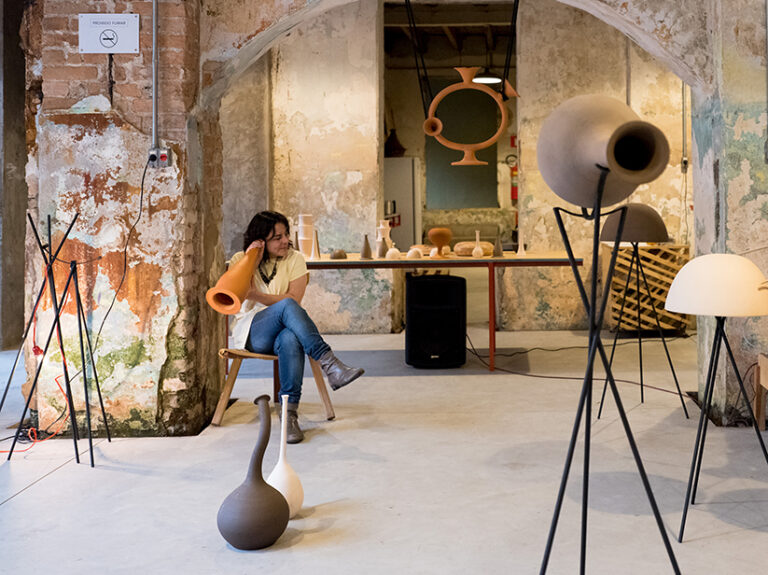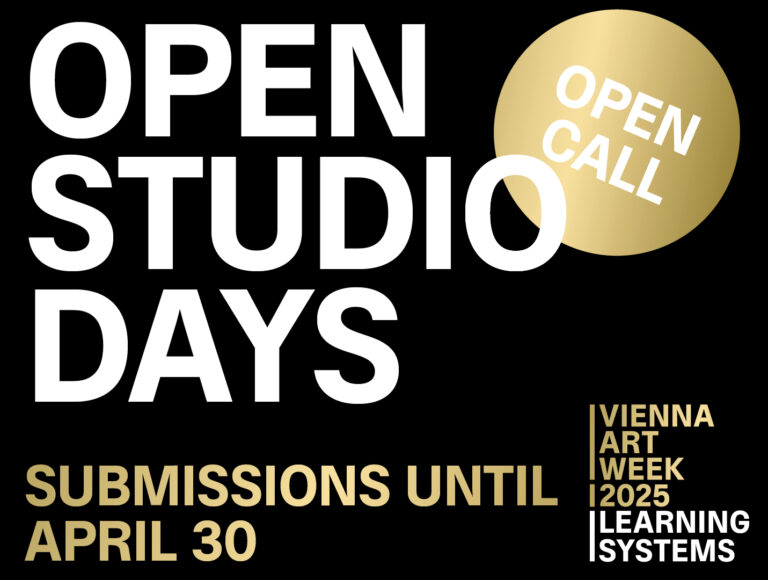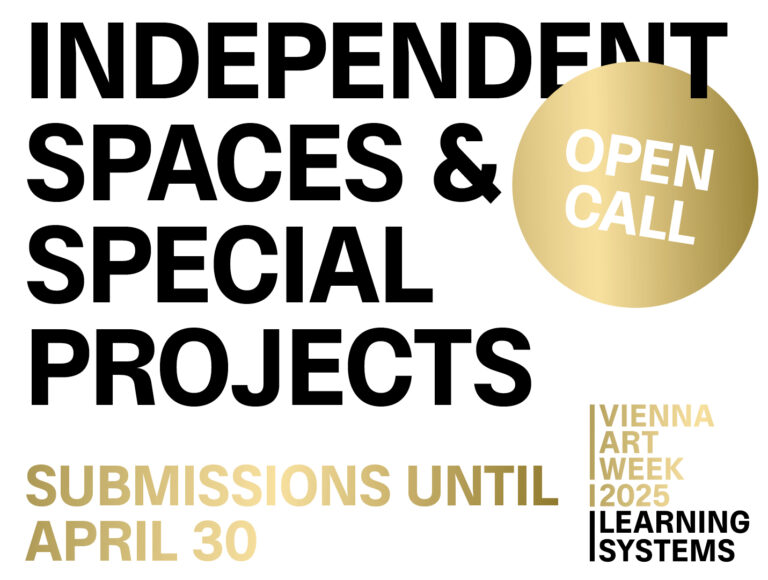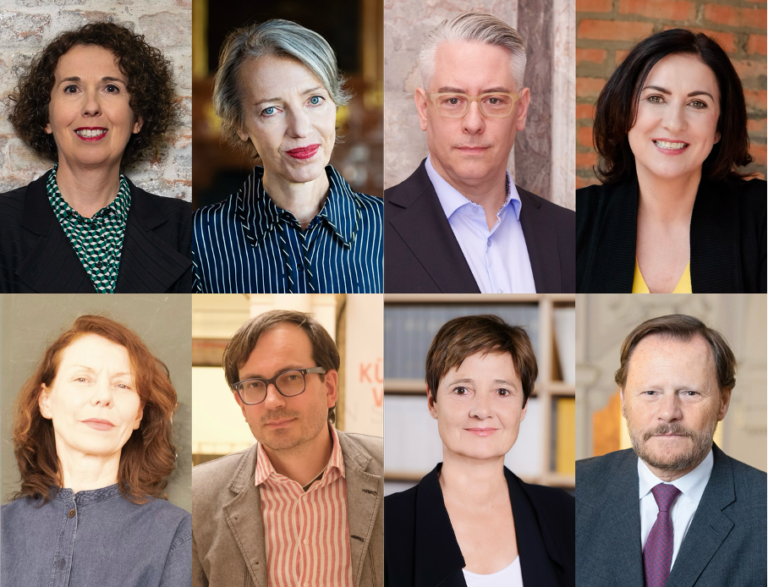How do our directors see the role of their institutions as ‘LEARNING SYSTEMS’? – Part 3

VIENNA ART WEEK is organized by Art Cluster Vienna – an association of some of the most important art institutions in Vienna. We asked our members: What does “Learning Systems” mean for your institution? Here are their answers.
General Director
Albertina
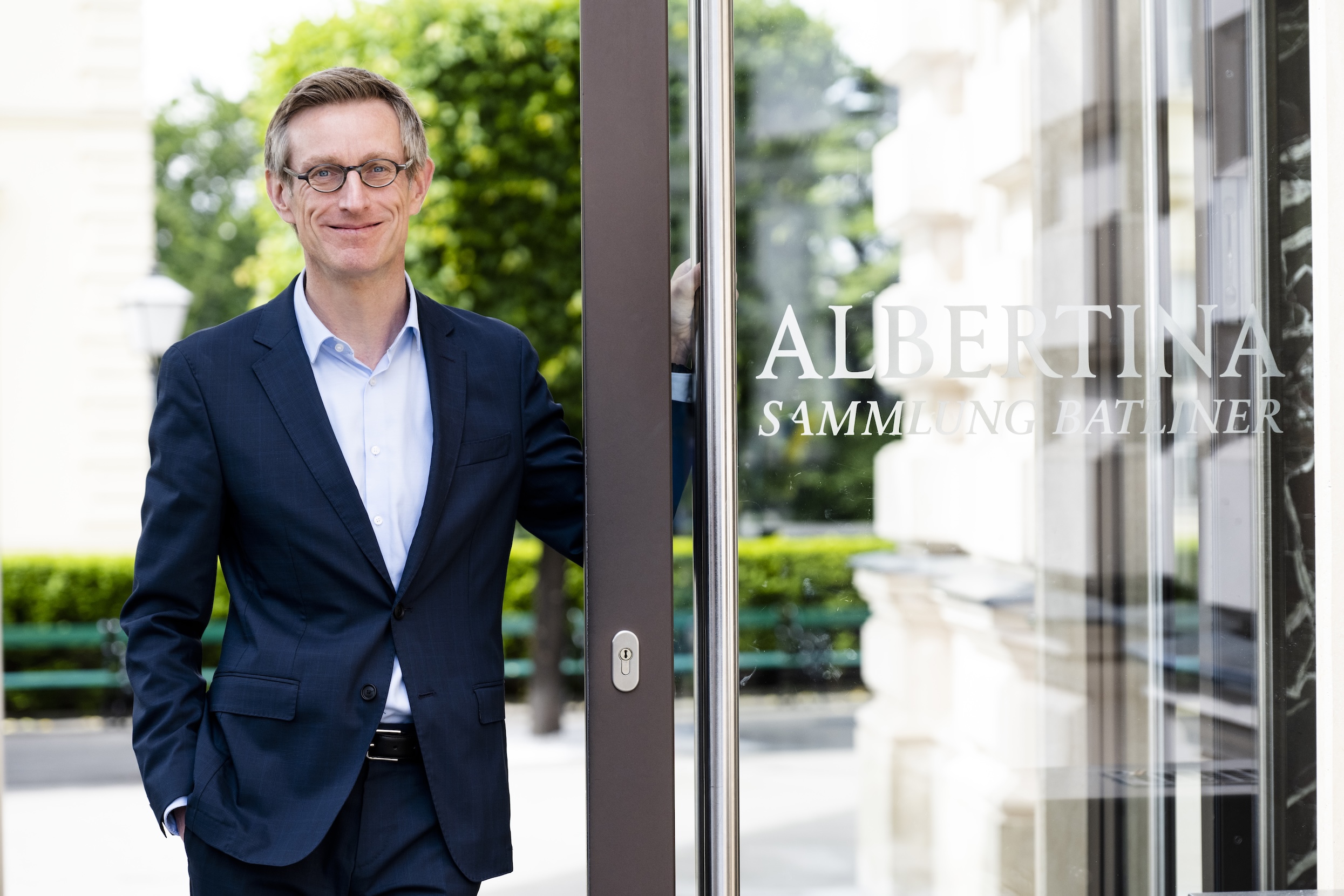
Photo © ALBERTINA Museum, Wien / Hauswirth
In the digitalized world, we are surrounded by learning systems every day. For art and culture, for museums and the cultural sector, it is not an option not to help shape this development.
Museums have a responsibility to provide data for learning systems in order to firmly anchor culture in the future and play a role in society.
With my vision of the “Albertina for all” as an open educational space, we provide well-secured, trustworthy data for learning systems. The museum is trusted – as a guardian of the past and a source of inspiration for a shared, learning future.
Rector
Academy of Fine Arts Vienna

© Theresa Wey
There is a programmatic statement by Alexander Kluge: “One cannot learn not to learn.”
However, what is needed are spaces where new narratives can be developed – the art academy, for example. Art is, by its very nature, a place for independent thinking, where alternative social possibilities can be asserted.
Director
Kunsthalle Wien
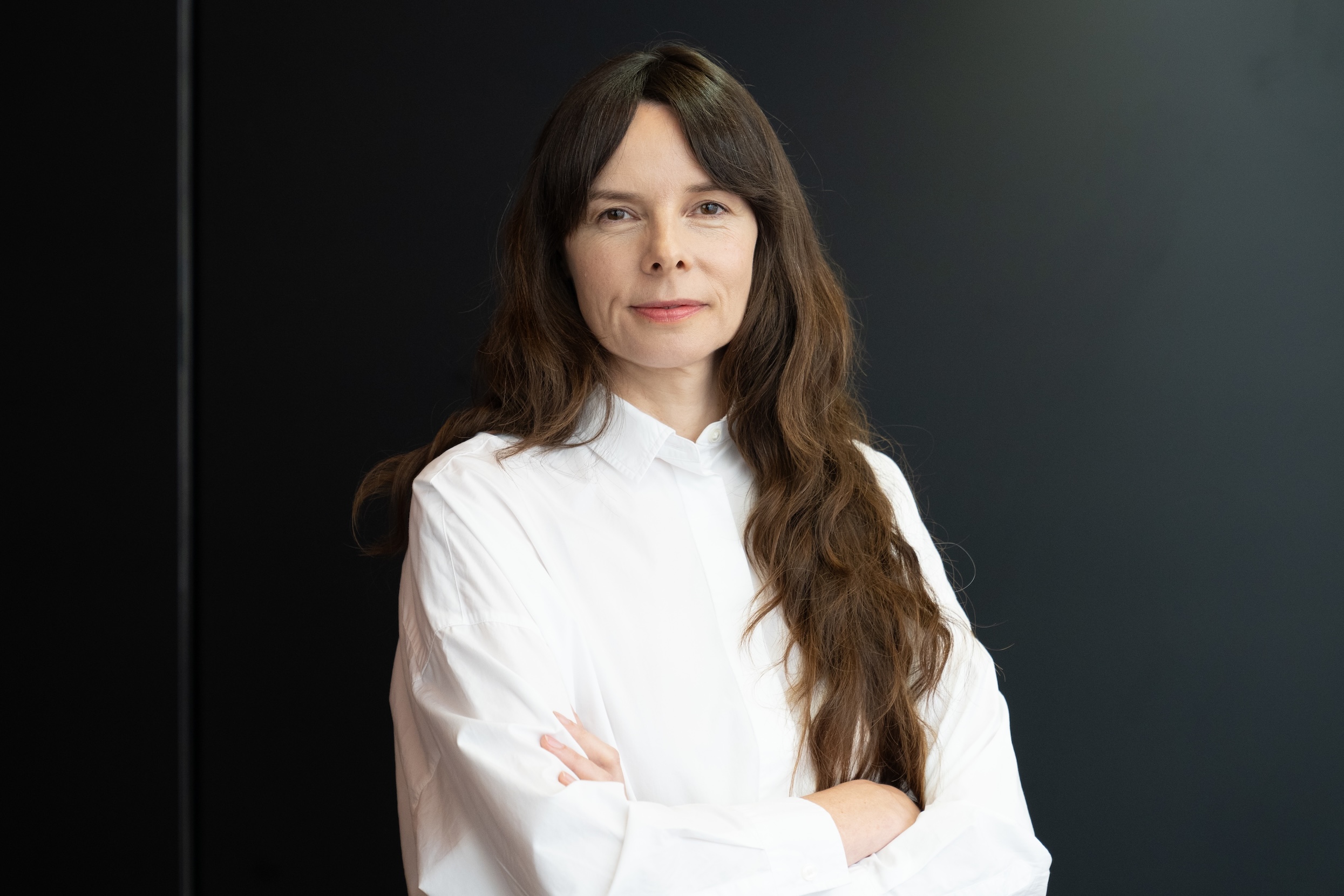
© Kunsthalle Wien
Every art work, every exhibition is an opportunity for learning.
At Kunsthalle Wien we are rethinking our approach to learning to bring people closer to the practice of art and exhibition-making and to better serve the diverse communities of Vienna.
Whether it’s the work that we do in our new Atelier or our Kunsthalle Wien Club, it’s about creating encounters with art and artists and learning from them.
Generaldirektorin
mumok – Museum moderner Kunst Stiftung Ludwig Wien

Fatima Hellberg © Max Beck
Beyond the individual biography of an artwork — beyond its status as a many-sided object — works of art are relational. They relate to us as viewers, and we, in turn, relate to them. At mumok, we seek to combine the histories and knowledge that artworks embody with the potential for new readings.
The beauty and challenge of this mission lies in the interplay between connection and difference, and in the powerful ways in which we can deepen our knowledge. However, it also lies in productive misalignment, in the challenge, the question and the curiosity — the potential of the unknowable.
Director
MuseumsQuartier Wien
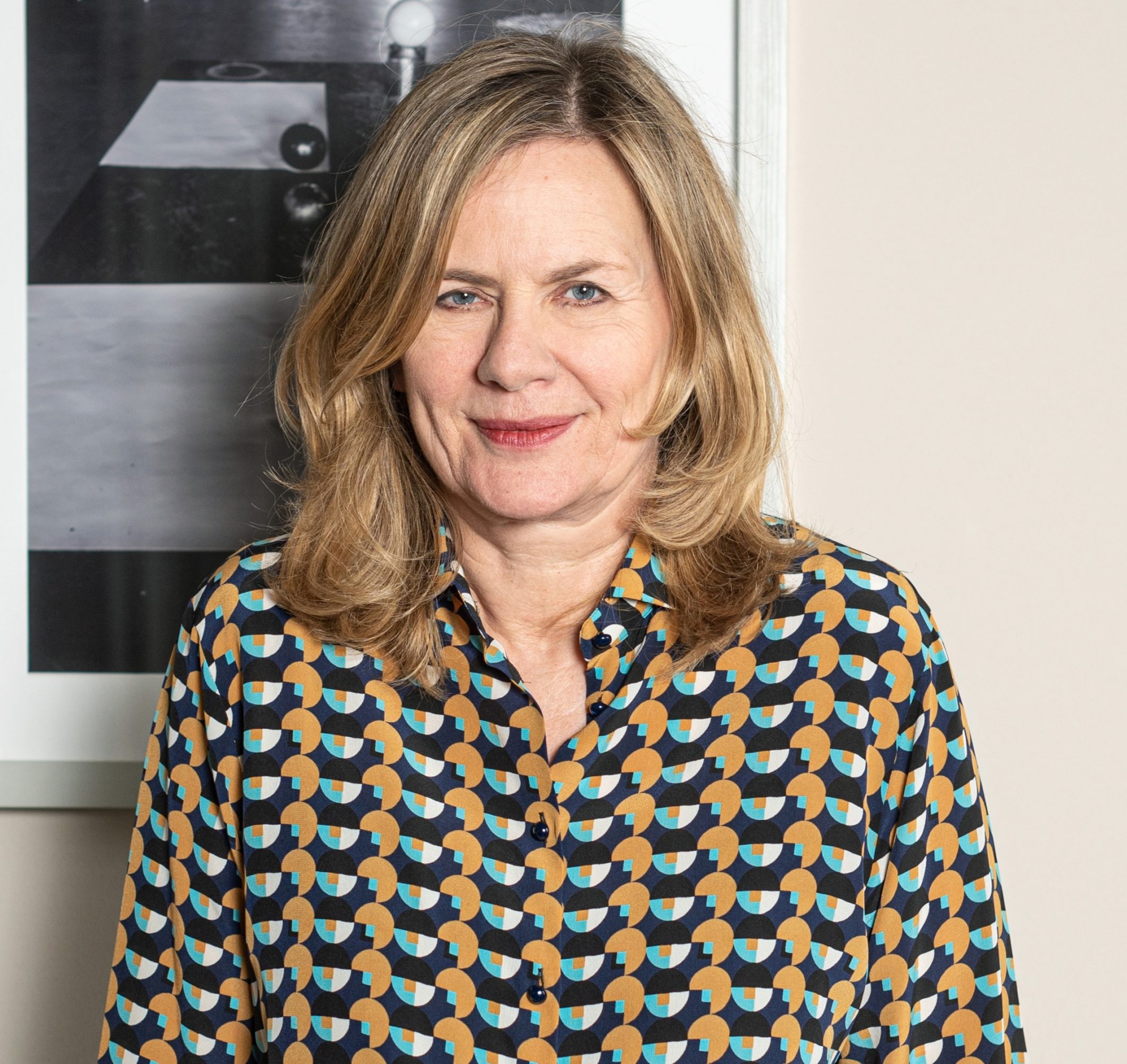
© Christine Pichler
The MuseumsQuartier Wien is itself a learning system, a system in constant transformation.
What were once the imperial court stables have become one of the largest cultural areas in the world – a visible sign that both spaces and institutions are changing in order to take on new social functions.
At the MuseumsQuartier, we understand learning as a network of experiences, relationships and insights that is constantly expanding. Learning means engaging with artistic processes. Because art gives us the opportunity to recognize how we can think further, not what we should think.
Director
Nitsch Foundation
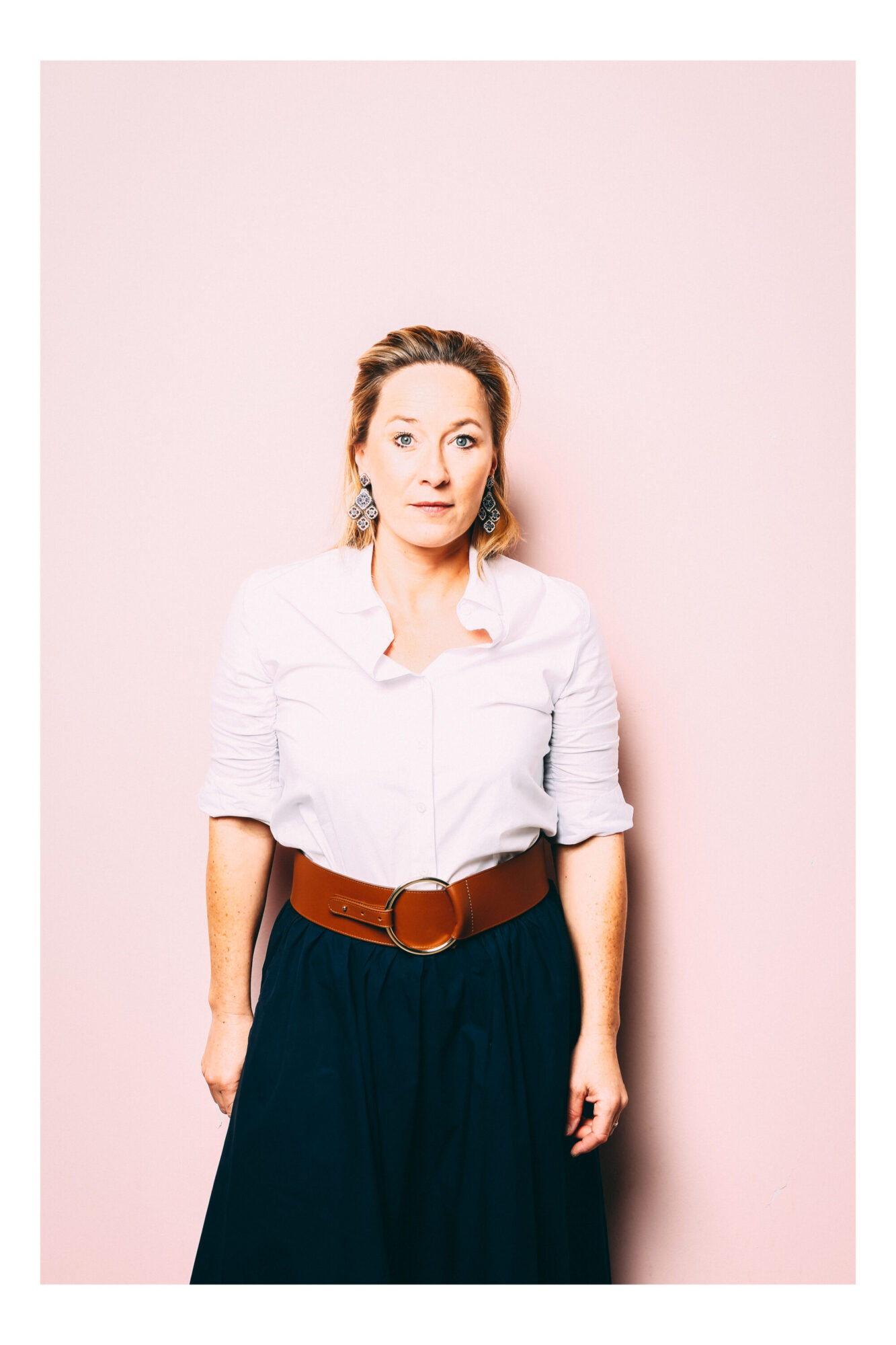
Photo: Nuno Filipe Oliveira
In times of change, we ourselves are the most important “learning system”.
Hermann Nitsch reminds us that knowledge alone is not enough – it only comes to life in conscious experience, in independent thinking.
Artificial intelligence and modern education systems offer tools, but access to the depth of being only comes through personal confrontation. True learning begins when we question systems and penetrate them existentially.
Director
Austrian Frederick and Lillian Kiesler Private Foundation
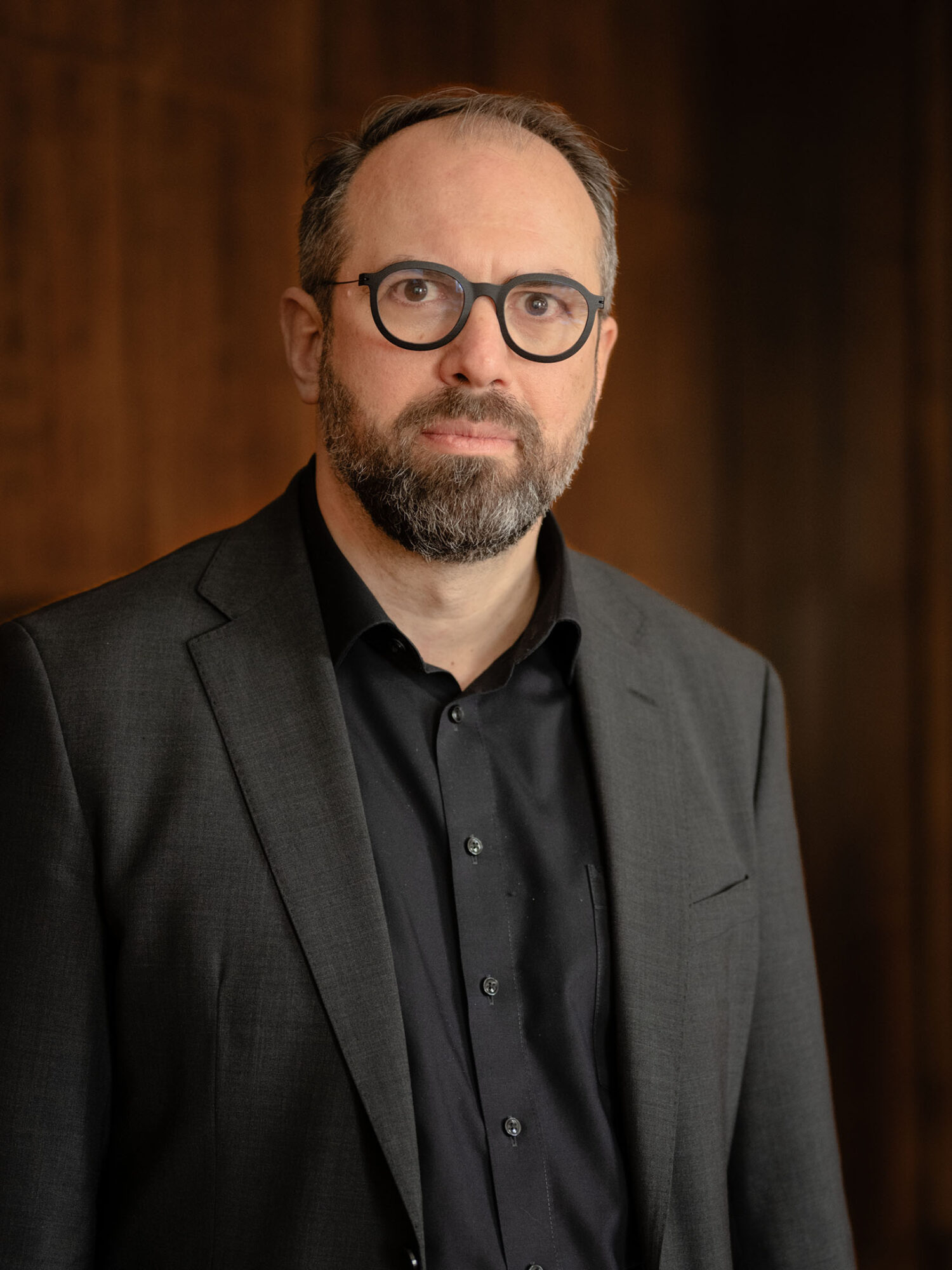
Photo: Michael Nagl
Frederick Kiesler is considered an early example of what we now call “artistic research” or “art and science.” With his “Laboratory for Design Correlation,” he created an open space for collaborative learning at Columbia University in New York in the late 1930s.
The Frederick Kiesler Foundation continues this approach: exhibitions developed from the archive function as “learning systems”—for visitors as well as for the team.
Head
STRABAG ART

Photo: Mafalda Rakoš
Art opens up new perspectives and promotes creative thinking, an essential element in learning systems. It enables non-linear, emotional learning, inspires reflection and supports individual forms of expression.
Art also expands access to knowledge beyond cognitive processes and creates spaces for interdisciplinary understanding. In our work – the promotion of young artistic positions – we open up the discourse for new learning processes, but also for the rethinking and softening of old rigid structures.
